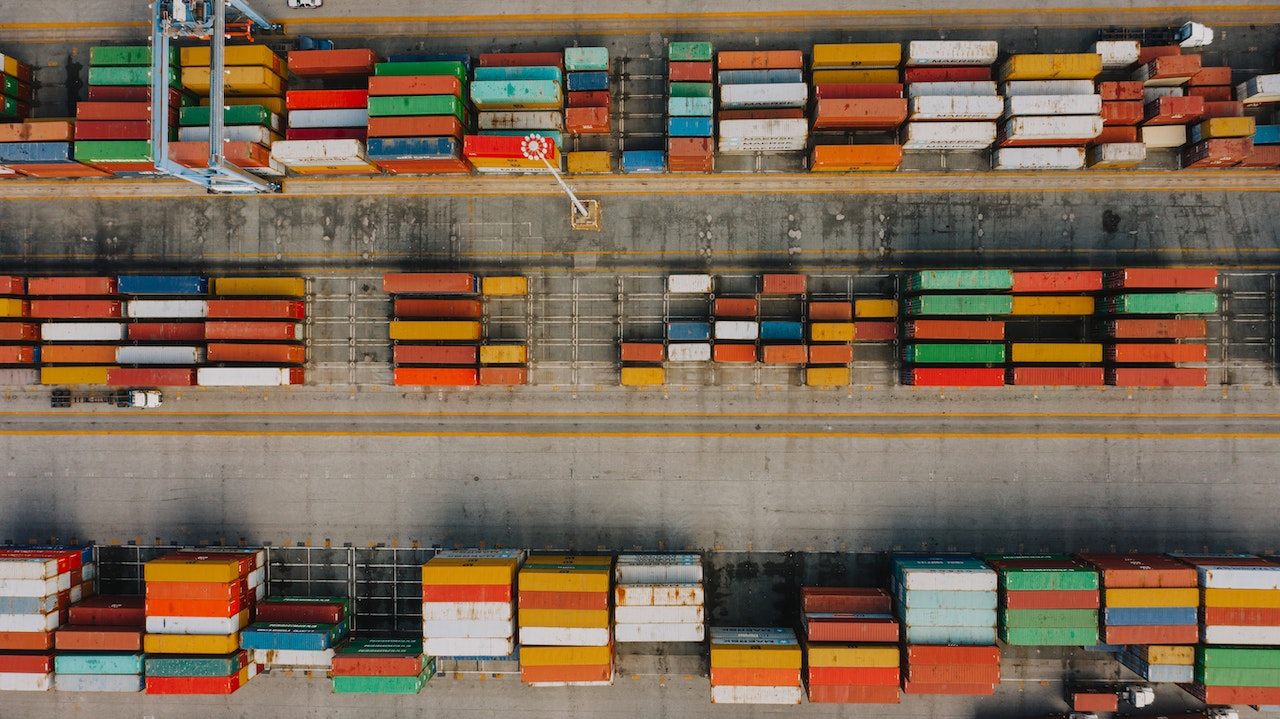Intermodal Volumes
Intermodal volumes again were at weak levels as the depths of the Lunar New Year lull took hold and pressured already weak volumes lower. Intermodal traffic is now approaching 300,000 carloads per week with little in the way of a catalyst to push volumes higher.
Some increase in import levels is expected coming out of the Lunar New Year lull, but other headwinds remain firmly in place. Active truck utilization is expected to remain weak until 2025, import levels are low, and there appears to be no end in sight for west coast port labor negotiations.
Job actions at the ports of Los Angeles and Long Beach reportedly delayed cargo and led to long lines of trucks queueing at port terminals this week. Such disruptions and the potential for them to spread are the major reasons shippers have moved cargo to Gulf and east coast ports. The longer that west coast port workers remain without a contract the more likely it is that disruptions similar to or worse than what was reported over the last week occur.
Carload Volumes
Carload volumes were little changed in the latest week as the overall economy continues to produce mixed signals. Grain and petroleum products have shown the most weakness over the course of the year with each declining significantly over the course of the first quarter.
Grain’s weakness is surprising given the normal harvest that occurred last year and the continued global demand in light of the ongoing hostilities in Eastern Europe. Petroleum product traffic typically declines during the first quarter, but it has moved to a level that is at the low end of the range dating back to October 2020. A key question is whether petroleum traffic continues to weaken or settles at the low end of the existing range. Another worrisome category is chemicals, which have declined in the last few weeks with potentially negative implications for the broader U.S. economy.
Legislation
Norfolk Southern was back on Capitol Hill this week testifying before a Senate Committee about the fallout from its February derailment in East Palestine, Ohio. NS chief executive Alan Shaw said that the company supports some pieces of the various rail safety bills making their way through Congress in the wake of the accident.
The final form of the various pieces of legislation as they come to the floor will determine the ultimate level of industry support. But carriers have already taken some measures such as joining the Federal Railroad Administration’s Close Call Reporting System that allows unionized employees to self-report incidents and near misses without the threat of discipline by the carrier.
See how your organization can capitalize on the power of actionable intelligence by clicking below:

